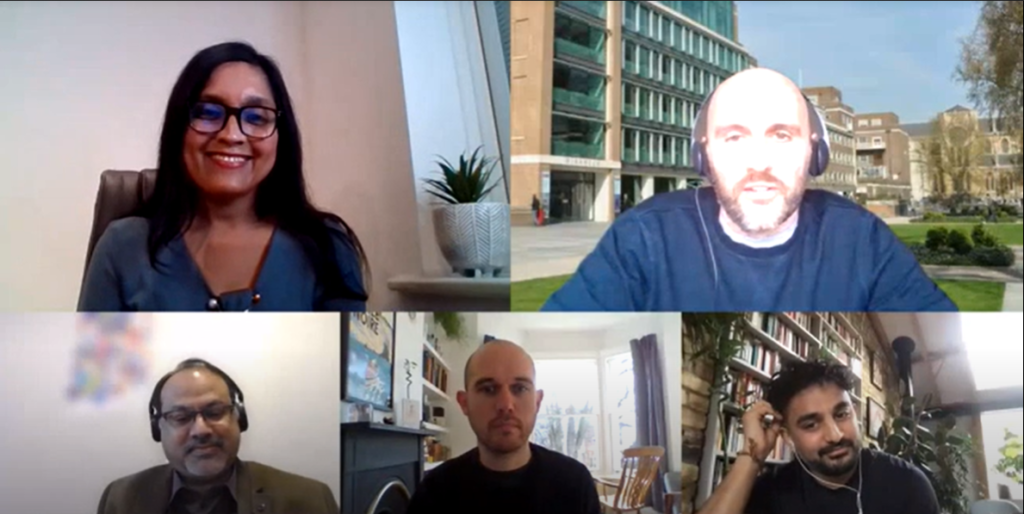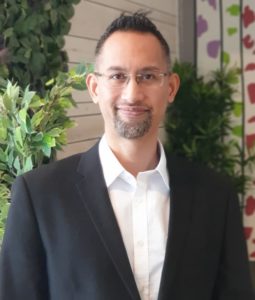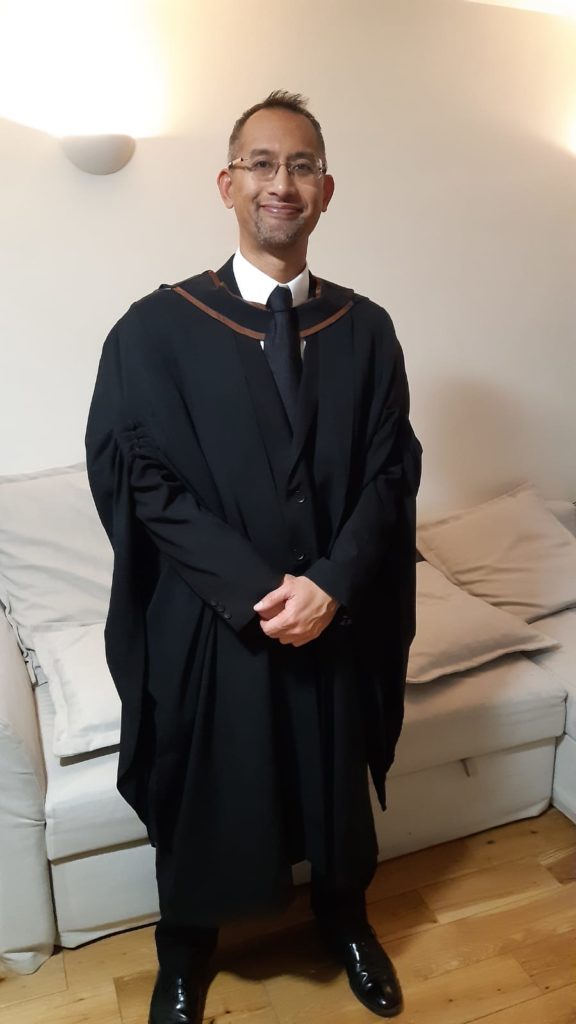Di Luo, Chair of the Chinese Students and Scholars Association at Birkbeck, reflects on this year’s virtual Chinese New Year celebration that took place on 15 February and what hopes the group has for the year of the Ox.
 The year of the Ox began on Friday 12 of February 2021, and this is an especially exciting new year, as people all around the world cannot wait to say goodbye to the year of the Rat in which we have suffered heavily and lost due to the strike of COVID-19. The Ox is the second of the 12-year periodic sequence of animals that appear in the Chinese zodiac related to the Chinese calendar, it represents values of reliability, strength, patience, and trustworthiness. People from all around the world have wished and hoped to see that this new year will start a new chapter in life and will defeat the COVID-19 pandemic.
The year of the Ox began on Friday 12 of February 2021, and this is an especially exciting new year, as people all around the world cannot wait to say goodbye to the year of the Rat in which we have suffered heavily and lost due to the strike of COVID-19. The Ox is the second of the 12-year periodic sequence of animals that appear in the Chinese zodiac related to the Chinese calendar, it represents values of reliability, strength, patience, and trustworthiness. People from all around the world have wished and hoped to see that this new year will start a new chapter in life and will defeat the COVID-19 pandemic.
On Monday 15 February 2021, the Chinese Students and Scholars Association at Birkbeck University of London (BBK CSSA) hosted an online gathering event to spread good wishes to everyone and start to recruit its new community members. All students and scholars from all cultures and countries are welcome to join BBK CSSA.
Students and staff who attended the event were invited to share their new year wishes and targets, not surprisingly, after a long lockdown, everyone jointly wished to meet each other and come back to campus again once it is safe to do so. Indeed, since the first lockdown was issued by the UK government on 16 March 2020, the year of the Rat has been a memorable one for all of us. Students cannot attend school, people have to work from home, COVID-19 has physically separated us. However, distance cannot stop our hearts from growing closer and cannot stop our kindness and wishes. This is also one of the small goals that BBK CSSA hoped for its online gathering event on 15 February 2020.
Games and awards were also organised during the online event to bring more joy and fun. One of the games was to guess the correct Chengyu from the emojis. Chengyu is a type of traditional Chinese idiomatic expression, most of which consists of four characters. Although they are widely used in Classical Chinese, but still very common in today’s Chinese speaking and writing.
One of the new year’s wishes that the BBK CSSA makes is that everyone can “niuqi chongtian” in the year of Ox. This is one of the most popular new year blessings Chengyu that every Chinese person says to each other. “Niuqi Chongtian” refers to the spirit of the Ox and means that with a strong faith in conquering any difficulties and challenges, life and work will both be awesome. BBK CSSA believes the spirit of the Ox will certainly bring the most blessings for the year of 2021 for us to look forward and move on. All the challenges and difficulties that we have had in 2020 are now in the past, we will not forget those precious things and the loved ones we lost. Our faith in life will not be stopped by this pandemic! Lastly, BBK CSSA wishes everyone in the year of 2021 “Niuqi Chongtian”!



